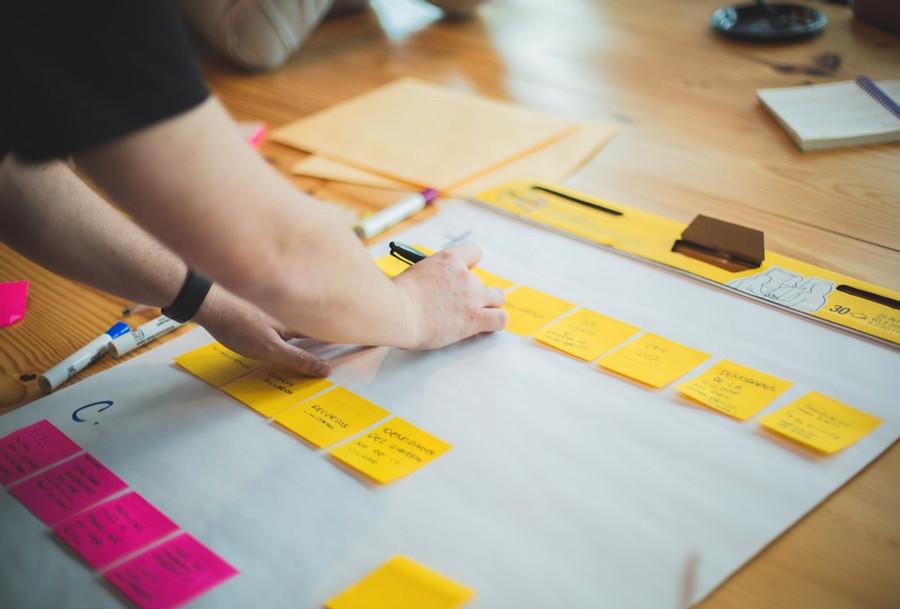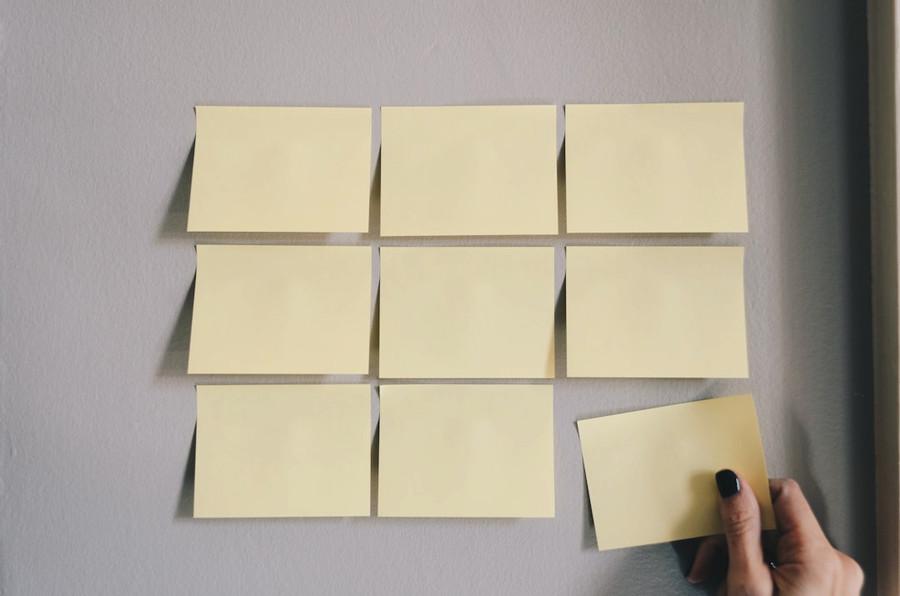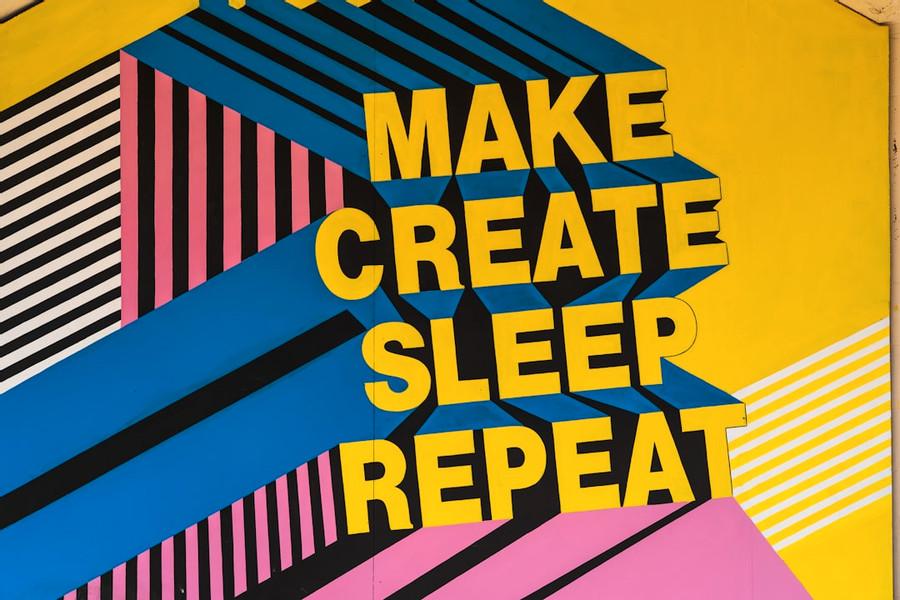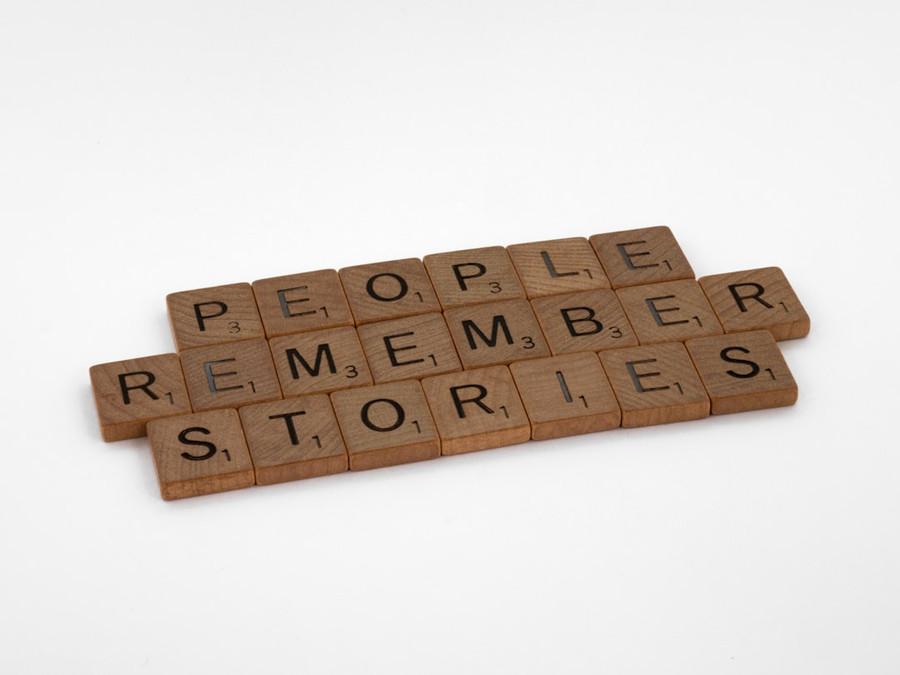The Second Brain - A Life-Changing Productivity System
Curated from: Ali Abdaal
Ideas, facts & insights covering these topics:
11 ideas
·15.6K reads
120
2
Explore the World's Best Ideas
Join today and uncover 100+ curated journeys from 50+ topics. Unlock access to our mobile app with extensive features.
Building a Second Brain
The Second brain is basically a personal knowledge management system which can help unlock the next level of productivity. It is a digital note taking system that keeps a track of all that you read, listen and see. It can then be used to organise your ideas, thoughts which can then be converted into a creative output.
There are 10 basics principles of building a second brain.
102
1.79K reads
1. Borrowed creativity.
Creativity is all about remixing stuff. Collect all that resonate with you in one place and combine them in interesting ways and develop the ability to see connections in them which is difficult to see if it’s all in your head.
"Pablo Picasso: "Good artists copy, great artists steal"
107
1.63K reads
2.Capture the habit.
"Our brain is for meant having ideas, not for storing them"
Capture any idea wherever you are because your brain is not going to hold it for much time. You can record the voice message if you are busy doing other things.
107
1.54K reads
3. Idea recycling.
Ideas are not single-use. In fact, we can recycle and reuse them over time. So keeping note of all your ideas is important.
97
1.47K reads
4. Projects over categories.
Don't just categorise the information you've got, but try to link it to the project you are currently working on, so to take the most advantage of it immediately.
102
1.43K reads
5. Slow burns.
Don't do and even plan to do hard work all at once, since your brain will likely resist doing anything. Instead, do spread your focus and efforts onto several projects, do work in small portions.
103
1.42K reads
6. Start with abundance.
It can be really hard to start doing something from a total scratch (e.g. blank piece of paper). But if you've been taking notes and saving all the bits of useful information, it means, you already have a good deal of progress in your work. The only thing left to do is to go through all of your past notes, and maybe just copy & paste. This will make your new project, or task, seem more doable.
97
1.27K reads
7. Intermediate packets.
Every work, or e.g. essay, can be divided into smaller sections (blocks) and stored for future use.
96
1.31K reads
8. You only know what you make.
If you want to internalise useful information fully and keep it in your memory for a long time, you should make it the product of your efforts, you can write a short summary of a book you just read or tweet the insights you got from listening to the podcast. Whatever you do, you should get involved directly in it. If we engage in the material ourselves, we end up becoming much more familiar with it and then we can do creative things with it.
101
1.2K reads
9. Make it easier for your future self.
Take time to flesh out some really complex terms or information (like transactional analysis), that you will not understand in the future. Go the extra mile when describing something in your notes so that your future self will understand what you meant by that term.
97
1.23K reads
10. Keep your ideas moving.
Focus on the actual value of the information, and always try to apply, share, or turn that recently acquired material into something new. There is no point in having tons of useful stuff stored on your computer unless you're taking advantage of it.
100
1.34K reads
IDEAS CURATED BY
CURATOR'S NOTE
Start building a second brain!
“
Kalpana Sharma's ideas are part of this journey:
Learn more about writing with this collection
The importance of networking in podcasting
How to grow your podcast audience
How to monetize your podcast
Related collections
Similar ideas
10 ideas
7 Side Hustle Ideas for Students
Ali Abdaal
11 ideas
4 ideas
What Makes People Successful?
Ali Abdaal
Read & Learn
20x Faster
without
deepstash
with
deepstash
with
deepstash
Personalized microlearning
—
100+ Learning Journeys
—
Access to 200,000+ ideas
—
Access to the mobile app
—
Unlimited idea saving
—
—
Unlimited history
—
—
Unlimited listening to ideas
—
—
Downloading & offline access
—
—
Supercharge your mind with one idea per day
Enter your email and spend 1 minute every day to learn something new.
I agree to receive email updates











